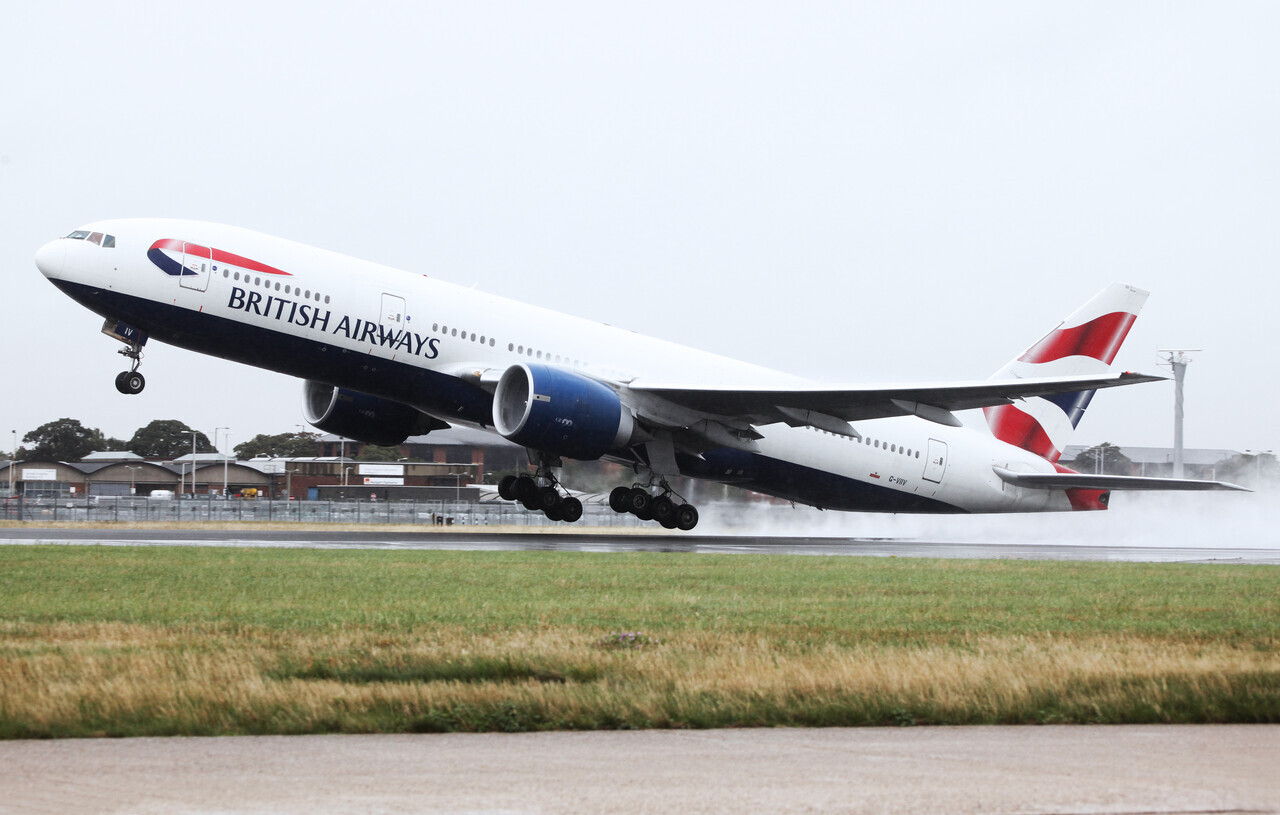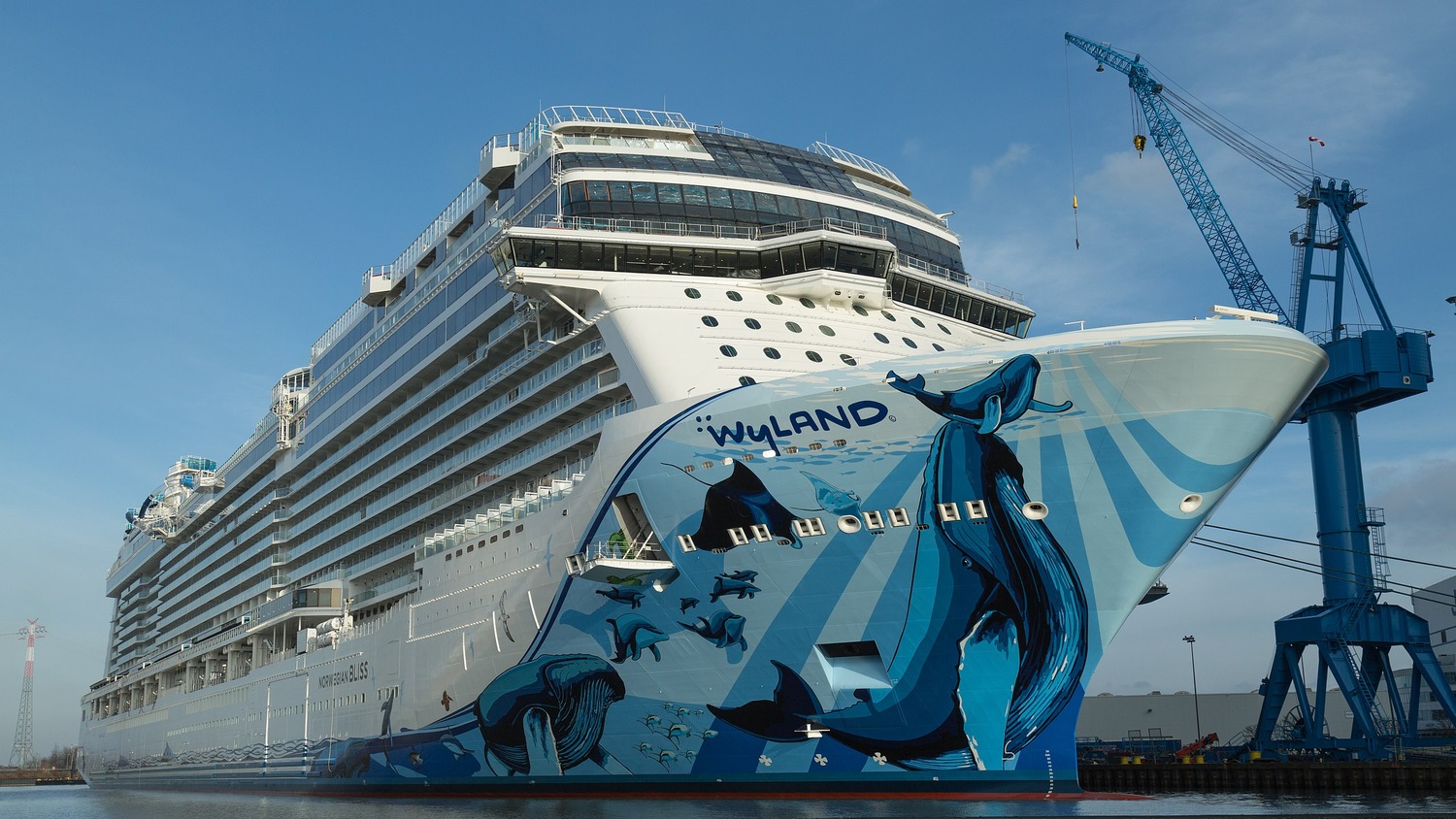How Did All Those Travel SPACs End Up Doing?

Skift Take
The investor mania for special purpose acquisition companies, or SPACs, in the past two years cooled mighty quick, with most travel companies going public through this process plummeting in value since their stock market debuts.
In fact, some of the major travel SPACs have lost on average more than 65 percent of their value from market debut.
A quick recap on the concept: These faddish investment vehicles offer an alternative fundraising method for companies seeking capital. A shell company with no operations is formed with a pool of money from investors. The goal is to identify an acquisition target, often a private company, and take it public quickly.
The appeal of the process is often to bypass the regulatory scrutiny and lengthy process behind a traditional initial public offering, or IPO. SPACs have been on the playing field long before gaining popularity during the pandemic.
A combination of eager startups seeking funding and abundant investors sitting on dry powder saw a storm of blank-check companies enter the stock exchanges in 2020 and 2021.
The Wall Street SPAC frenzy waned in 2022. One culprit was increased regulatory scrutiny from U.S. regulators. Another was general market underperformance in response to rising interest rates.
Here are the specific outcomes of some travel SPACs swept up in the frenzy and made it to the market:
Vacasa’s Merger With TPG Pace Solutions to Trade Under Nasdaq: VCSA
Vacasa, the Oregon-based startup offering a full-service vacation rental property management platform, was one of the first SPACs in the travel industry to hit the market. The company announced in July 2021 its plans to become publicly listed by combining with the TPG-backed blank-check company.
At the time of the announcement, Vacasa projected a 31 percent multi-year revenue growth rate, and the transaction implied a pro forma equity value of approximately $4.5 billion for the SPAC.
The company debuted on the Nasdaq exchange in December 2021, with its Class A common stock opening at around $11 per share. Today, the stock sits at around $1.45 per share.
In the past year, the company reorganized its sales department in July 2022 and announced layoffs in corporate divisions that impacted 3 percent of its employee base in October 2022.
Vacasa reported experiencing softness and variability in guest bookings in their third quarter 2022 results, and expected the trend to continue into the fourth quarter with uncertain extent and duration.
Sonder’s Merger With Gores Metropoulos II to Trade Under Nasdaq: SOND
San Francisco-based Sonder was another short-term rental startup that hopped on the SPAC bandwagon. The company originally announced its merger with Gores Metropoulos II at a $2.2 billion valuation in April 2021, before lowering its valuation to $1.9 billion in October 2021 following a reported $54.6 million loss on an adjusted EBITDA [earnings before interest, taxes, depreciation and amortization] basis in the second quarter and shifting market dynamics. The merger closed in January 2022 and commenced trading of its common stock at $8.95 per share.
Following its market debut, Sonder expanded its sales team in April last year to ramp up negotiations with high-end properties in popular destinations.
The company announced a cash flow positive plan in June to cut approximately $85 million in annualized cash costs and reported a negative $39 million free cash flow in the third quarter. The plan focuses on generating short-term positive cash flow within 2023 without additional fundraising by reducing the pace of signing new units and focusing on RevPAR [revenue per available room, a key metric for hotels] initiatives.
Around 21 percent of corporate roles and seven percent of frontline roles, including Sonder’s chief technology officer, were cut in this restructuring operation.
Amex GBT’s Merger With Apollo Strategic Growth Capital to Trade Under NYSE: GBTG
One of the long-awaited travel SPACs of 2022, Amex GBT’s $5.3 billion merger with Apollo Management backed blank-check vehicle valued the company by 9.5 times its 2023 pro forma adjusted EBITDA. This move came following the company’s acquisition of Expedia Group’s corporate travel arm, Egencia, in November 2021. The Class A common stock and warrants of the SPAC debuted at around $8.37 per share in a choppy market back in May.
A $335 million PIPE [private investment in public equity] deal was concurrently completed. This brought new investors to the company, such as Ares Management Corporation, HG Vora, Sabre and Zoom to the existing base of stakeholders including Certares and Expedia Group.
The SPAC reported a $73 million net loss in third quarter of 2022. Amex GBT shares now trade at around $6.33 in the public market.
Its chief revenue officer Michael Qualantone announced plans to retire from his role in December last year following 34 years at the company.
Mondee’s Merger With ITHAX Acquisition Corp. to Trade Under Nasdaq: MOND
This $1 billion deal announced in December 2021 valued the technology-first travel marketplace company Mondee at an enterprise value of $842 million, or 10.5 times its estimated 2023 organic EBITDA.
Similar to Amex GBT, the company also pursued a concurrent, all-equity PIPE investment of $50 million. This was upsized to $70 million in April 2022 with the addition of two new investors to the transaction. FT Times reported the new subscribers were Travelport’s financial sponsors, Elliott Management and Siris Capital.
The stock debuted on market in July at $11.05 per share. Following a bumpy ride of the market in the past half a year, it currently sits at around $10.10 today.
Mondee’s third quarter report stated it is currently focusing on expanding adoption rates and increasing new revenue streams. The company announced appointing a new chief marketing officer in December to spearhead growth and next-gen travel tech solutions
Selina’s Merger With BOA Acquisition Corp. to Trade Under Nasdaq: SLNA
Selina announced its plans to go public with an enterprise value of $1.2 billion at the end of 2021, based on 1.9 times its estimated 2023 revenue. The SPAC was originally expected to close in the first half of 2022, but was later pushed back to third quarter. After the completed business combination in October last year, shares hit the stock market at $9.75.
Prices surged to close at nearly $37 per share on second day of trading before sliding back to its debut price in a matter of days. The stock plateaued at approximately $4 per share for the month of November and sits at around $3.20 per share today.
Selina signed or opened 16 new properties in Australia, Greece, Israel, Mexico, Morocco, Portugal, Panama and the United States during the second quarter of 2022. The company has been quiet about its operations and strategies for scaling its business model.
Getaround’s Merger With InterPrivate II Acquisition Corp. to Trade Under NYSE: GETR
Getaround went public via the SPAC route at a valuation of $1.2 billion in market capitalization. The transaction closed last month and saw the share price plunge from $8.82 to $2.90 on its first day, reflective of both general market conditions as well as headwinds in the digital ride-share space.
The carshare marketplace app originally began SPAC talks in August 2021 with an Altitude Acquisition Corp. backed vehicle, seeking a valuation of $1.7 billion at that time through PIPE investments.
The company’s latest investor presentation states that it is in the early stages of long-term growth for enhancing monetization. It plans to execute on its proven growth playbook and leveraging upsides from OEM and Uber integrations and mobility rebound.
GETR’s stock price sits around $0.61 today.
Table Summary of SPAC Performances
| Market Debut | Ticker | Debut Price | Last Closed |
|---|---|---|---|
| 12/7/2021 | VCSA | $10.99 | $1.44 |
| 01/19/2022 | SOND | $8.95 | $1.30 |
| 05/31/2022 | GBTG | $8.37 | $6.33 |
| 07/19/2022 | MOND | $11.05 | $10.10 |
| 10/27/2022 | SLNA | $9.75 | $3.20 |
| 12/9/2022 | GETR | $8.82 | $0.61 |
Source: Yahoo Finance and Nasdaq
Despite the disappointing performances of SPACs from the past two years’ hype, travel/mobility tech market intelligence agency TNMT writes that they likely won’t disappear, since the market is only a reflection of whatever that is fashionable. Changes in sponsor appeal from growth to fundamentals and the new macroeconomic climate are leading investors to be on the lookout for different kinds of acquisition targets in the next movement.




